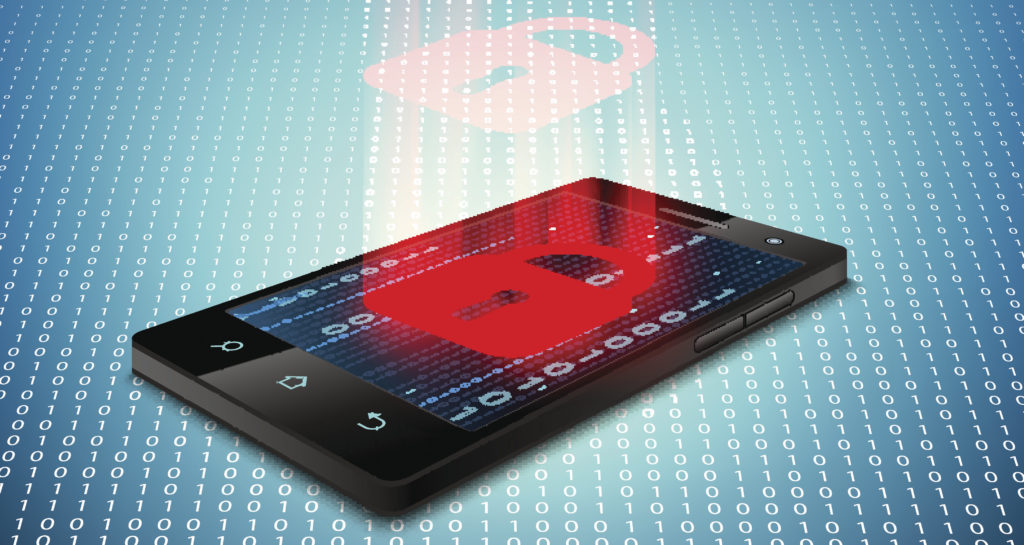9 Best Security Practices for your Smartphone.

Smartphones pose various security problems because they store a lot of personal, confidential and sensitive data and remain permanently connected to the cloud. Data encryption is available in very raw form on iPad and iPhone, while it is not available on Android at all! Therefore, our iPads, iPhones, Androids are easy targets for cyber attacks. This places the responsibility on users to place a high priority on the security of their smartphones.
This article explains best practices you can adopt to secure your devices:
1- Always turn off Bluetooth and WiFi when you're not using them. In addition to draining the device's battery, WiFi and Bluetooth provide easy access for hackers and cybercriminals; lead to loss of certain features/apps on your phone, loss of communication, or an increase in your phone bill.
2- Enforce strong password policies on your device. Avoid obvious ciphers like 1111, 0000, 123 , 5683, etc. To prevent unauthorized access to your device data, you can set your device to erase all data after "x" number of failed attempts. In addition, the screen must be set to lock after the device has been idle for "x" seconds.
3- Enables encryption of your backup files. Many smartphones, especially those from Apple and Google, automatically back up and encrypt device data. However, if automatic backup and encryption is not available on your device, then you need to install a third-party app and back up your phone data.
4- Turn off position when not in use. This way your location details will not be tracked and software vendors will not be able to contact you. Some applications such as Google Earth require this option to be enabled; Remember to keep it out the rest of the time.
5- Use a VPN to connect to the Internet through a public Wi-Fi hotspot. This prevents any sniffing of the air and makes the connection more secure.
6- Make sure your device is updated with relevant security patches and firmware updates to keep it healthy. Software and security updates make the device more stable and less prone to data vulnerabilities.
7- Use a password manager to securely store and manage your passwords. Many device owners store their account credentials for various applications (online banking, email accounts, forums, memberships, etc.) This is very risky and leaves the data vulnerable to cyberattacks.
8- Erase data must be activated in case of loss or theft of the device.
9- Download apps for your smartphone only from trusted sources or App Stores.
So the next time you use your iPad, iPhone, Android, BlackBerry, or Symbian phone, follow these simple tips to keep your mobile device safer. If you have any other tips to add to the list, feel free to leave a comment or email me.



